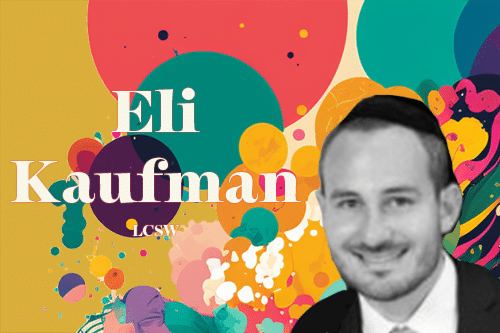
1. What is a “financial system” and why do therapists need one?
Financial systems is an organized set of processes and tools that captures the entire workflow of the practice’s money. Think about it like going for a run. The run is the main financial system, and your gear, the trail, the weather, distance, speed, are all different components. Each one of
those components will have an impact on how smooth or hard your run is. Ideally, you build your systems in a way that each time you go “for a run”, things feel smooth and effortless.
Some examples of the components of your financial systems are your banks, payment processors, credit cards, bookkeeping system, financial reports, HIPAA compliance, and taxes.
2. If I was starting a therapy practice today what advice would you give me compared to the advice you would give to an established practice?
Acknowledging your stage is so important because it helps you plan for you today and your future based on your starting point. As a new therapy practice owner, I would encourage you to get a clear picture of your legal and tax entity and their expectations and requirements. I would also encourage you to have bank accounts that are being used exclusively for the practice, and to use only your EHR to receive payments.
To an established practice I would recommend to assess your current systems and make changes accordingly. Go through each one of the components, analyze how well it combines with the rest of the pieces and how effective and beneficial it is in the overall workflow.
For example, one of the most common roadblocks is a bank that doesn’t connect with your accounting software, or doesn’t allow you to add team members securely. This slows down the accounting process and it gives you more recurring tasks so that your team members (ie
accountant) can get the statements they need.
3. I know from the therapists I’ve spoken with, most of them would rather be spending their time helping people than having to run the financial side of a business. It’s very cool that you’re helping to enable therapists to succeed in their goals. How did you find yourself in this niche?
I used to be involved in local youth groups and social work and loved it so much that I decided to pursue social work as a career. But like for many others, my plans changed and after I got my degree in Psychology I decided to move to finances instead while keeping my focus on
supporting that community. I feel like I’m still leaving my tiny mark in the field, just through a different avenue.
4. What is the biggest challenge you face when it comes to working with therapists or any small business owner for that matter?
I’ve noticed that many of the therapists I work with have a hard time spending money. They’re careful and reserved spenders. This is not a negative thing in itself, but in many cases it leads to them bootstrapping for way too long, and not letting go of some areas that have “outgrown” the beginning stage. This is challenging because it impacts the services my clients sign up for, often leaving the more in depth consulting type of services out of the picture, when, in my opinion, those are the services that really make a difference for a business owner.
5. If you could offer mental health professionals a sort of financial mantra to get them into a better financial mindset, what would it be?
Great question! It’s hard to feel like we have control or agency over a system that feels so foreign to us. I like a mantra like this one: “I decide the journey my finances take”. This can be a gentle reminder that we have overall control of the admin side, as well as the inflow of money. Especially when coming from an employee mindset, it’s easy to forget that as business owners, we don’t truly have a limit on our revenue.
6. Thank you so much for your time and of course for your contributions to the world of mental health. I like to end interviews by asking people what they’ve been reading recently and if they have any books they would recommend. It doesn’t have to be related to finances or mental health!
Yes! I love Essentialism by Greg McKeown. This book encourages you to identify what’s really important to you and to focus on that, by eliminating what’s not important. It’s a great book for business, but also for life in general. I also would recommend We should all be millionaires by Rachel Rodgers. It’s a book for women, more specifically for women of color, to challenge their own beliefs about money and success, while providing a guide to aspire for more.
Where can people find you to learn more about your services? And is there anything else you would like to let people know about?
I would love your readers to know that accounting professionals want the best for you. We want you to succeed, for your profit to grow, and to be compliant and in good standing with your tax agencies. We’re on your side! Please ask questions, as many as you need to, to feel like you’re
in the right place. If you don’t feel like that’s the type of relationship, it might mean it’s time to
look for someone else.
Finally, a huge thank you for reading! You can find me on https://www.liquidcentsbookkeeping.com
and on LinkedIn: www.linkedin.com/in/andrearotondo1


